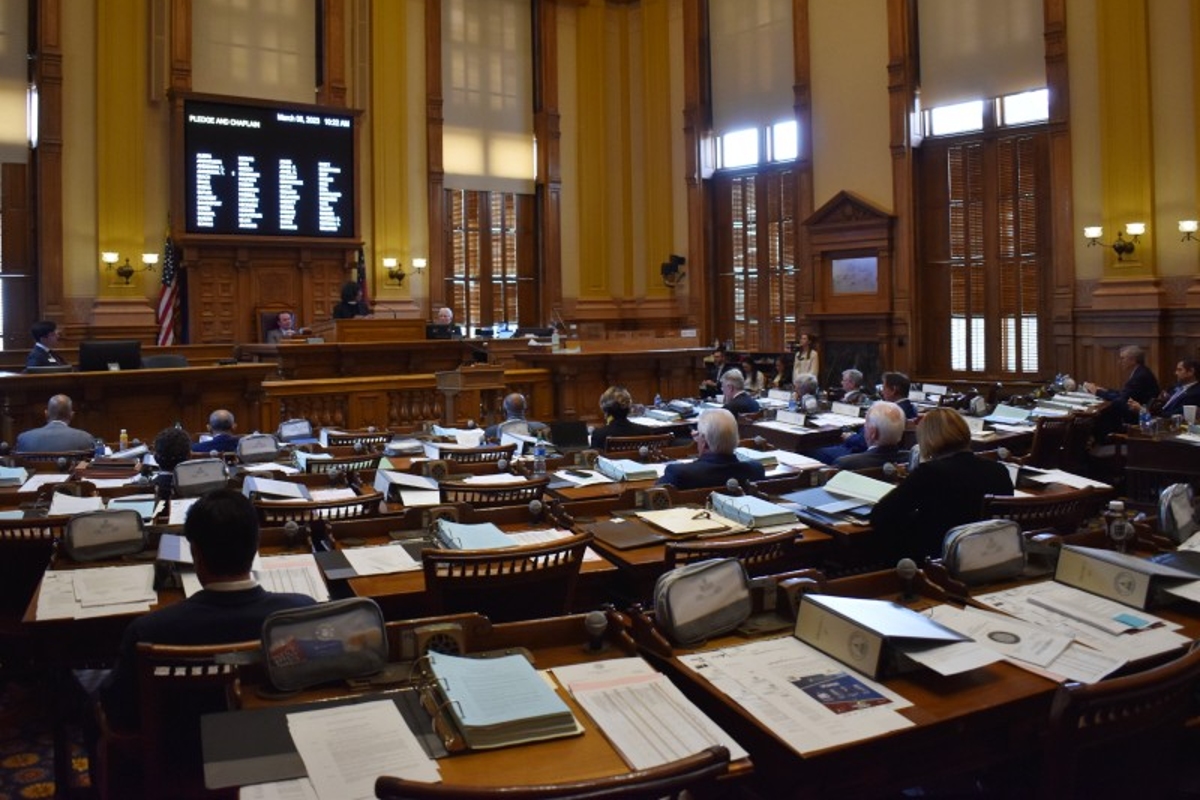 In a bid to clamp down on illegal online gambling, the UK Gambling Commission (UKGC) is set to release its first comprehensive study of the UK’s black market. Scheduled for publication in spring 2025, the study aims to provide the UKGC with data-driven insights into the scale of unlicensed gambling and inform its strategies for disrupting illegal operations.
In a bid to clamp down on illegal online gambling, the UK Gambling Commission (UKGC) is set to release its first comprehensive study of the UK’s black market. Scheduled for publication in spring 2025, the study aims to provide the UKGC with data-driven insights into the scale of unlicensed gambling and inform its strategies for disrupting illegal operations.
The research will investigate consumer motivations, focusing on why individuals access unlicensed gambling websites. By collecting and analyzing web traffic data and player behavior, the UKGC hopes to estimate the financial impact of the black market, particularly in terms of gross gambling yield (GGY). This data will enable the regulator to better monitor and combat illegal activities, ensuring that the licensed market is protected and consumers are safeguarded from harmful practices.
How the UKGC is Measuring the Impact of the Black Market
To estimate the size of the black market, the UKGC is employing a mix of web traffic analytics and player spending data.
The regulator has collected information from over 139,000 gambling accountsacross seven UK operators between 2018 and 2019, using this data to estimate that the GGY for online slot machines on unlicensed sites is approximately £0.32 per minute. However, this approach has its limitations, particularly when it comes to other forms of gambling like sports betting, which may involve higher spending but are not accounted for in the current model.
The UKGC is also monitoring specific search terms that are likely to be used by consumers seeking unlicensed gambling platforms. By tracking popular queries via Google Trends and Similarweb, the Commission identifies search results that lead to unlicensed sites. Web traffic from these sites is then analyzed, providing insights into the behavior of UK consumers on illegal platforms.
International Comparisons and Challenges
The UKGC’s efforts align with similar studies conducted by other European regulators, such as the Netherlands and Sweden, where data has shown that consumers often spend more on unlicensed platforms than on regulated sites. This insight is reflected in the UKGC’s methodology, which acknowledges that spending habits on unlicensed sites may differ from those on licensed ones.
In a note about the study, the UKGC said, “With a better understanding of why and how consumers access unlicensed gambling websites, we can identify ways in which we can use data to identify unlicensed websites and make estimates of their usage by GB consumers.” This approach will help the Commission create more effective strategies for monitoring and disrupting the black market.
CEO Andrew Rhodes emphasized the social and economic risks posed by the black market. “The illegal market is bad from a human point of view – as it poses a risk to consumers, especially the vulnerable. It is also unlikely to operate in a way that is fair or safe. It is also a concern from an economic point of view – as it pays no tax and undercuts legitimate business,” he stated. Rhodes further highlighted the role that data analytics will play in addressing these challenges.
Future Research: Social Media and Encrypted Messaging
Looking ahead, the UKGC plans to expand its research to examine the role that social media platforms and encrypted messaging apps play in facilitating unlicensed gambling. Services such as WhatsApp, Telegram, Twitch, and Kick are increasingly being used to promote gambling content, and the Commission is eager to understand how these platforms drive traffic to unlicensed operators.
Over the past year, the UKGC has ramped up its efforts to combat the black market, issuing more than 750 cease-and-desist orders and removing 50,000 URLs from search engine results. The findings from the study, to be published in 2025, will guide the next phase of the UKGC’s strategy to combat illegal online gambling and protect consumers.
Source:
“Unlicensed Gambling Using Data to Identify Unlicensed Operators and Estimate“, gamblingcommission.gov.uk, October 21, 2024.
The post UK Gambling Commission Prepares First Study to Combat Online Black Market appeared first on Casino News Daily.
 Within a year of legalizing online gambling in Canada, a surge in public complaints about the volume and content of gambling advertisements has raised concerns. A new study released by the Canadian Gaming Association (CGA) highlights that regulators may be acting more quickly than the available evidence supports. This could result in policies that don’t adequately address the nuances of gambling advertising and may be overly broad or miss key issues.
Within a year of legalizing online gambling in Canada, a surge in public complaints about the volume and content of gambling advertisements has raised concerns. A new study released by the Canadian Gaming Association (CGA) highlights that regulators may be acting more quickly than the available evidence supports. This could result in policies that don’t adequately address the nuances of gambling advertising and may be overly broad or miss key issues. A recent study funded by GambleAware has shed light on the troubling trend of marginalized and socially excluded communities
A recent study funded by GambleAware has shed light on the troubling trend of marginalized and socially excluded communities 


